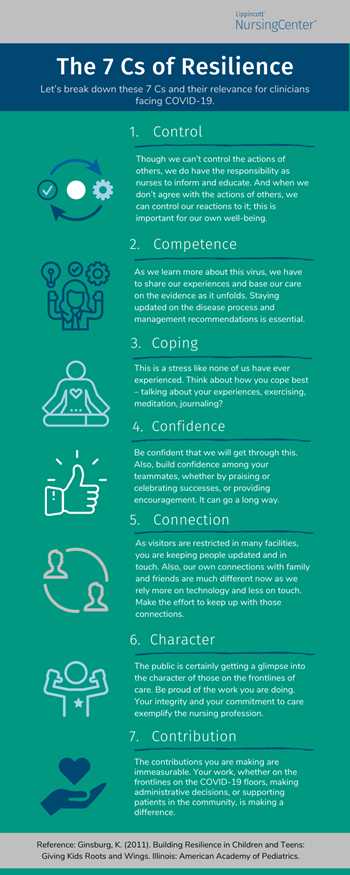
Stress is often viewed as a negative aspect of life, something to be avoided or minimized. However, research has shown that stress can actually be beneficial, and building resilience to stress can help us thrive in the face of challenges. By changing our perception of stress and learning how to manage it effectively, we can turn stress into our friend rather than our enemy.
Resilience is the ability to adapt and bounce back from difficult situations. It is not about avoiding stress altogether, but rather, it is about developing the skills and mindset to navigate stress and use it to our advantage. When we view stress as an opportunity for growth and learning, we can harness its energy to propel us forward.
So, how can we build resilience to stress? One key strategy is to reframe our thoughts and beliefs about stress. Instead of seeing stress as a threat, we can view it as a challenge or an opportunity. This shift in perspective allows us to approach stress with a sense of curiosity and excitement, rather than fear and avoidance.
Another important aspect of building resilience to stress is practicing self-care. Taking care of your physical, emotional, and mental well-being is crucial in managing stress. This can include activities such as exercise, meditation, spending time with loved ones, and engaging in hobbies that bring you joy. By prioritizing self-care, you are better equipped to handle stress and maintain your resilience.
In conclusion, building resilience to stress is a powerful tool that can help us thrive in the face of challenges. By changing our perception of stress, practicing self-care, and developing the skills to navigate stress effectively, we can make stress our friend rather than our foe. So, embrace stress as an opportunity for growth, and let resilience be your guiding light.
Understanding Stress and Resilience
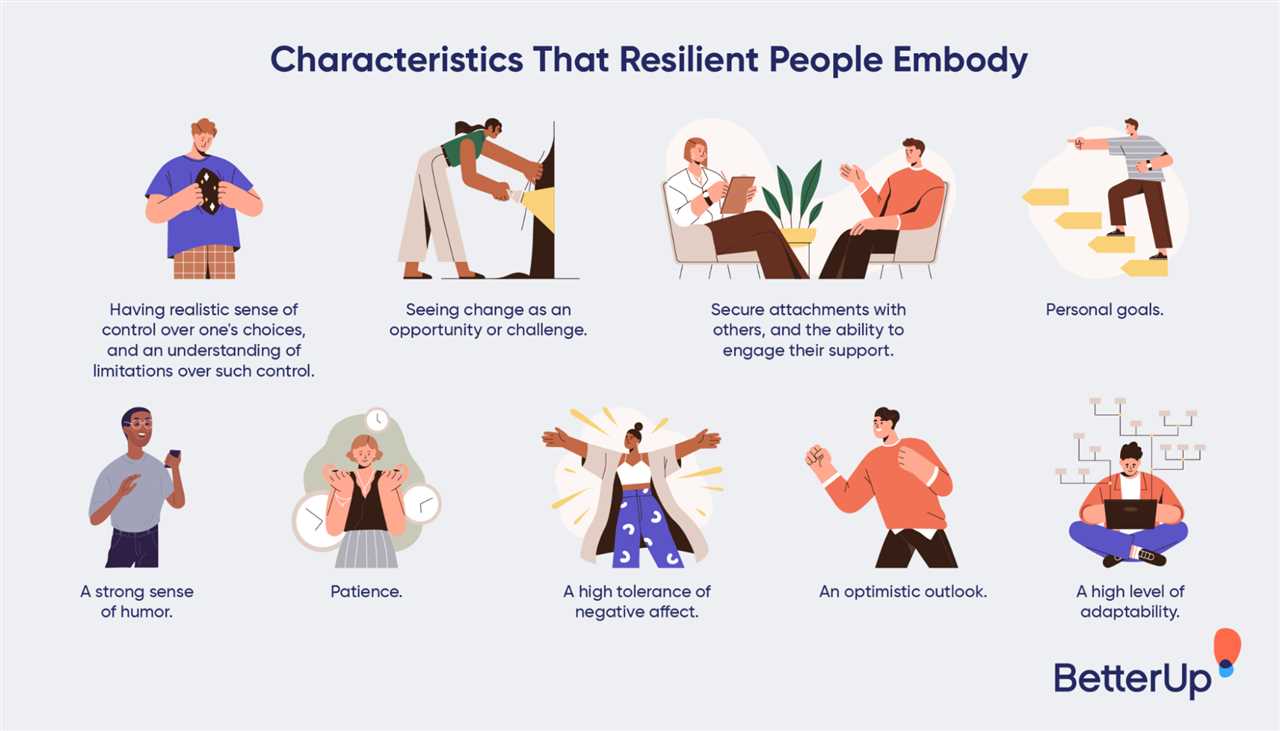
Stress is a natural response to challenging situations, and it is something that we all experience in our lives. It can come from various sources, such as work pressure, relationship issues, financial difficulties, or health problems. While stress is often seen as a negative and harmful experience, it is important to understand that it can also be a powerful motivator and a catalyst for personal growth.
Building resilience is the key to making stress your friend. Resilience is the ability to bounce back from adversity and to adapt to change. It is like a muscle that can be strengthened with practice and effort. By building resilience, you can learn to navigate stressful situations more effectively and turn them into opportunities for growth.
One way to build resilience is to reframe your perception of stress. Instead of viewing it as something negative, try to see it as a natural response that can help you rise to the occasion. Stress can sharpen your focus, increase your alertness, and enhance your performance. It can push you to step out of your comfort zone and take on new challenges. By changing your mindset, you can harness the power of stress and use it to your advantage.
Another important aspect of building resilience is developing a strong support network. Surround yourself with people who uplift and inspire you. Share your thoughts and feelings with them, and seek their guidance and advice. Having a support system in place can provide a sense of security and reassurance, making it easier to navigate through stressful times.
Practicing self-care is also crucial for building resilience. Make sure to prioritize your physical and mental well-being. Engage in activities that bring you joy and relaxation, such as exercise, meditation, or spending time in nature. Take breaks when needed, and listen to your body’s signals. By taking care of yourself, you can better manage stress and prevent burnout.
Lastly, practicing gratitude and mindfulness can help cultivate resilience. Take time each day to reflect on the things you are grateful for. Focus on the present moment and savor the little joys in life. By cultivating a positive mindset and being mindful of the present, you can build resilience and reduce the impact of stress on your overall well-being.
In conclusion, understanding stress and resilience is essential for navigating the challenges of life. By reframing your perception of stress, building a support network, practicing self-care, and cultivating gratitude and mindfulness, you can make stress your friend and use it as a stepping stone towards personal growth and resilience.
The Role of Stress in Our Lives
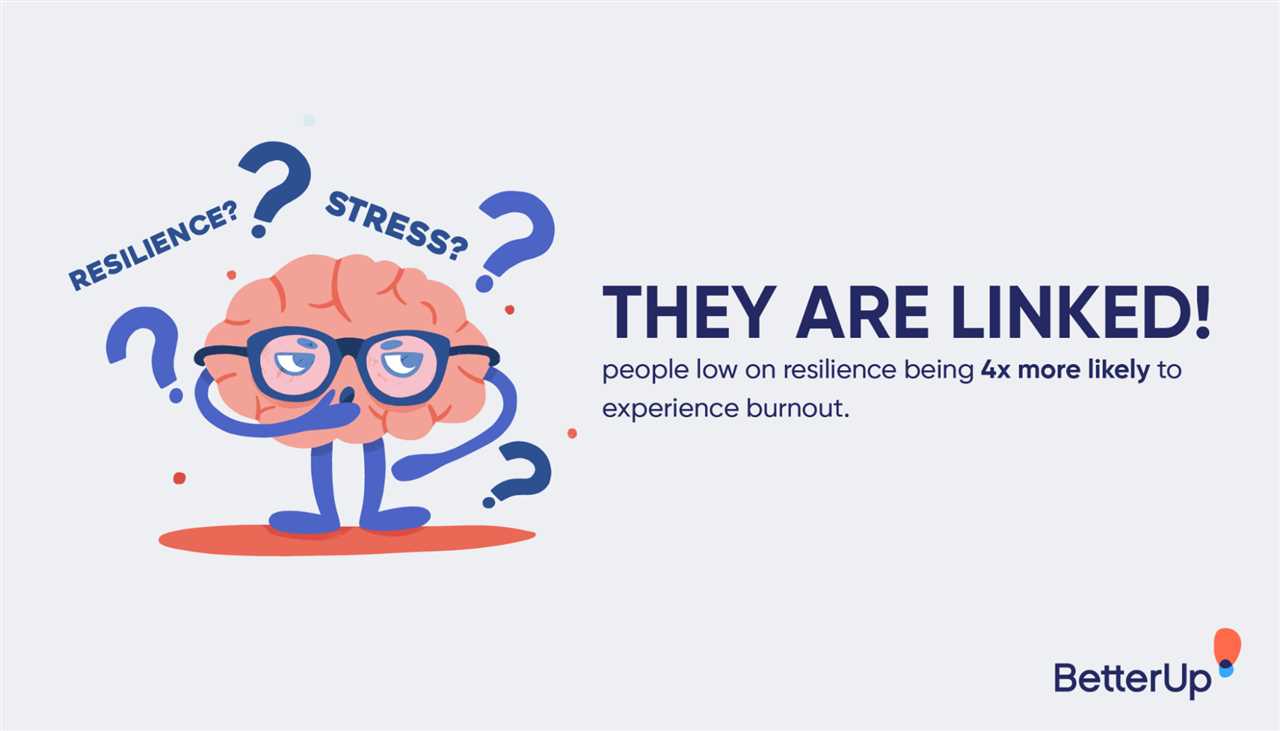
Stress is often seen as a negative force in our lives, causing harm to our mental and physical well-being. However, it is important to recognize that stress can also play a positive role in building resilience.
When we are faced with challenging situations, our bodies respond by releasing stress hormones such as cortisol. These hormones help us to focus and respond effectively to the situation at hand. In this way, stress can actually make us more alert and capable of dealing with difficult circumstances.
Furthermore, experiencing stress can help us to develop resilience. When we are exposed to manageable levels of stress, our bodies learn to adapt and become more resilient over time. This means that we become better equipped to handle future challenges and bounce back from adversity.
It is important to note that not all stress is beneficial. Chronic and excessive stress can have detrimental effects on our health and well-being. However, by learning to manage stress effectively, we can harness its positive aspects and make stress our friend.
In conclusion, stress is a natural part of life and can serve as a valuable tool in building resilience. By understanding the role of stress and learning to manage it, we can turn stress from a foe into a friend.
What is Resilience?
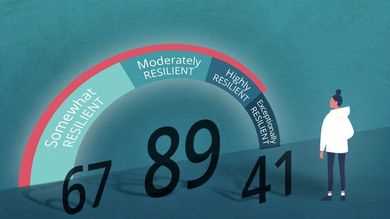
Resilience is the ability to bounce back and adapt in the face of adversity. It is the building of your mental and emotional strength to withstand stress and overcome challenges. Resilience is not about eliminating stress or avoiding difficult situations, but rather about learning how to make stress your friend and using it as a stepping stone for personal growth.
When you build resilience, you develop the skills and mindset needed to handle stress in a healthy and productive way. Instead of being overwhelmed by stress, you learn to embrace it as an opportunity for self-improvement and learning. Resilience allows you to navigate through life’s ups and downs with greater ease, and to bounce back stronger after setbacks.
Resilience is not something we are born with, but rather something we can cultivate and develop over time. It requires practice and a willingness to step outside of your comfort zone. By building your resilience, you can become more adaptable, flexible, and better equipped to handle the challenges that life throws your way.
So how can you make stress your friend and build your resilience? It starts with changing your mindset and reframing how you view stress. Instead of seeing stress as something negative, try to see it as a natural response that can help you grow and develop. Embrace the challenges that come your way, and use them as opportunities for personal growth and learning.
Additionally, taking care of your physical and mental well-being is crucial for building resilience. Engage in regular exercise, eat a healthy diet, and get enough sleep to support your body’s ability to cope with stress. Practice mindfulness and relaxation techniques to calm your mind and reduce stress levels. Surround yourself with a supportive network of friends and family who can provide emotional support and encouragement.
In conclusion, resilience is the ability to bounce back and adapt in the face of adversity. By changing your mindset, taking care of your well-being, and embracing stress as an opportunity for growth, you can build your resilience and navigate through life’s challenges with greater ease.
Building Resilience: Strategies for Making Stress Your Friend
In today’s fast-paced world, stress has become a common part of our lives. However, instead of viewing stress as something negative, we can use it as a tool to build resilience and improve our overall well-being. By changing our perspective and implementing certain strategies, we can turn stress into a friend rather than a foe.
Here are some strategies for building resilience and making stress your friend:
- Shift your mindset: Instead of viewing stress as a threat, try to see it as a challenge or an opportunity for growth. By reframing your thoughts, you can change your emotional and physiological response to stress.
- Practice self-care: Take care of yourself physically, mentally, and emotionally. Engage in activities that bring you joy and help you relax. This can include exercising, meditating, spending time in nature, or pursuing hobbies.
- Build a support network: Surround yourself with positive and supportive people who can help you navigate through stressful situations. Having a strong support system can provide you with the necessary encouragement and resources to cope with stress.
- Develop healthy coping mechanisms: Find healthy ways to manage stress, such as deep breathing exercises, journaling, or practicing mindfulness. These techniques can help you stay calm and focused during challenging times.
- Set realistic goals: Break down your tasks into smaller, manageable steps. This will help you avoid feeling overwhelmed and reduce stress levels. Celebrate your achievements along the way to boost your confidence and motivation.
- Practice gratitude: Cultivate a mindset of gratitude by focusing on the positive aspects of your life. Appreciating the good things can help shift your attention away from stress and improve your overall well-being.
Remember, stress is a natural part of life, and by adopting these strategies, you can build resilience and make stress your friend. Embrace the challenges, learn from them, and grow stronger in the process.
Changing Your Perception of Stress
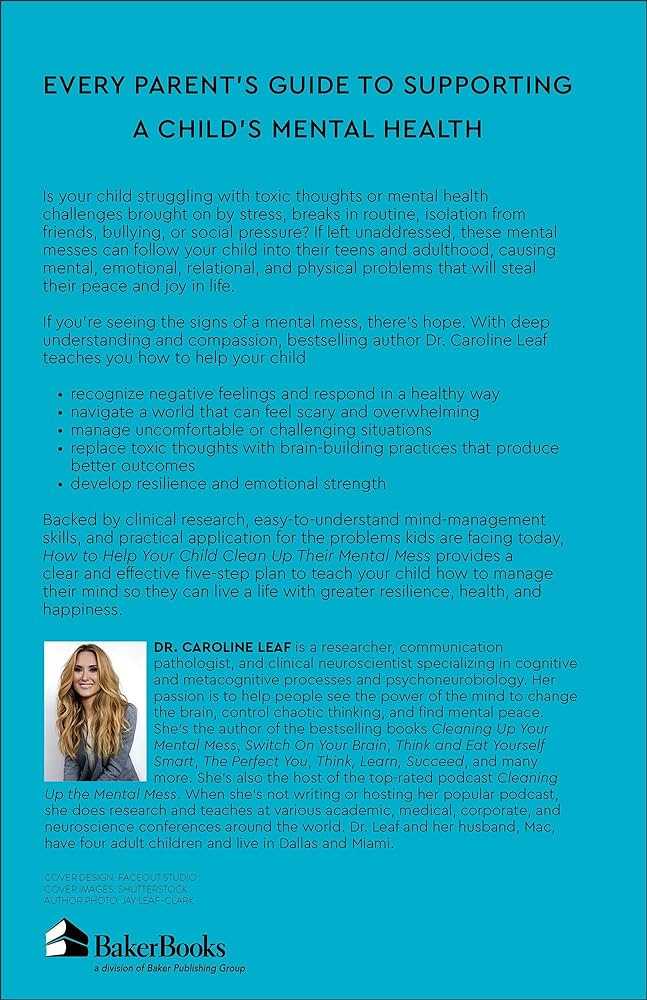
Stress is often seen as the enemy, something to be avoided at all costs. However, what if we told you that stress can actually be your friend? It may sound counterintuitive, but changing your perception of stress can have a profound impact on your resilience-building journey.
Instead of viewing stress as a negative force, try to see it as a natural response that your body and mind have to challenging situations. Stress is your body’s way of preparing you for action, helping you to stay focused and alert. By reframing stress as a helpful tool, you can start to make it work for you rather than against you.
To make stress your friend, it’s important to understand that not all stress is bad. There is a difference between acute stress, which is short-term and can actually enhance your performance, and chronic stress, which can have negative effects on your health and well-being. By recognizing the difference, you can better manage your stress levels and build resilience.
Another way to change your perception of stress is to embrace the idea that it is a necessary part of growth and development. Just as physical exercise puts stress on your muscles, challenging situations put stress on your mind and emotions. By pushing yourself outside of your comfort zone and embracing stress as an opportunity for growth, you can develop greater resilience and adaptability.
Finally, it’s important to remember that you have the power to control how you respond to stress. By practicing mindfulness and cultivating a positive mindset, you can change your perception of stress from something overwhelming to something manageable. This shift in perspective can help you build resilience and navigate stressful situations with greater ease.
In conclusion, making stress your friend is all about changing your perception and embracing it as a natural part of life. By reframing stress as a helpful tool, recognizing the difference between acute and chronic stress, embracing it as an opportunity for growth, and cultivating a positive mindset, you can build resilience and thrive in the face of adversity.
Developing Healthy Coping Mechanisms
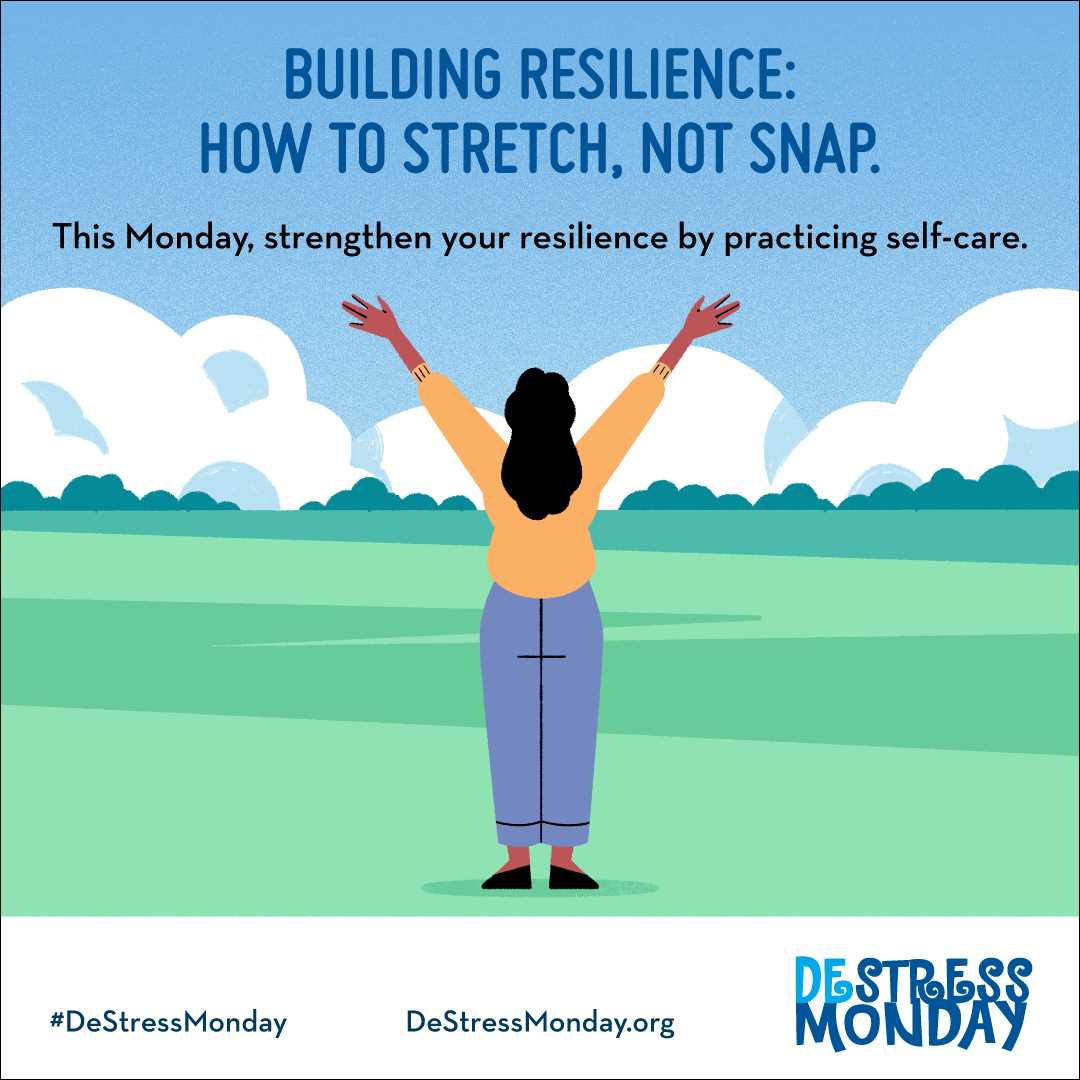
Building resilience is all about learning how to make stress your friend. One of the key elements in this process is developing healthy coping mechanisms. These mechanisms are the tools and strategies that we use to navigate and manage the challenges and stressors that life throws our way.
When it comes to building resilience, it’s important to remember that everyone’s coping mechanisms will be different. What works for one person may not work for another. The key is to find what works best for you and to practice these strategies regularly.
Here are some healthy coping mechanisms that you can consider incorporating into your life:
1. Seek support: Reach out to friends, family, or a therapist for emotional support. Talking about your stressors and challenges can help you gain perspective and find solutions.
2. Practice self-care: Take time for yourself and engage in activities that bring you joy and relaxation. This can include exercise, hobbies, meditation, or simply taking a break from work.
3. Develop a positive mindset: Focus on the positive aspects of your life and practice gratitude. This can help shift your perspective and reduce stress.
4. Set boundaries: Learn to say no and prioritize your own needs. Setting boundaries can help prevent overwhelm and burnout.
5. Practice mindfulness: Engage in mindfulness exercises such as deep breathing, meditation, or yoga. These practices can help calm the mind and reduce stress.
Remember, building resilience takes time and practice. Be patient with yourself as you develop and implement these coping mechanisms. With time, you will become more adept at managing stress and building your resilience.

I am Patrina de Silva, a psychologist and mental health blogger in Sri Lanka. After obtaining psychology degrees from the University of Colombo and Monash University, I returned home to work as a counselor while also starting the popular blog “Pressy but Happy” to provide advice on psychological issues. Over the past decade, my empathetic articles have made my blog a leading mental health resource in the country. In addition to writing, I maintain a private therapy practice, frequently volunteer counseling time, and conduct seminars, driven by my passion for destigmatizing mental illness and educating the public on the mind-body connection. I strive to be an influential voice in my field through my compassionate approach.
